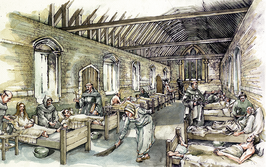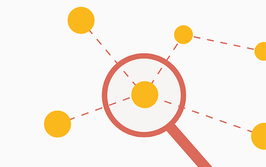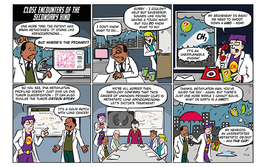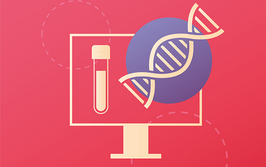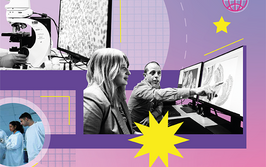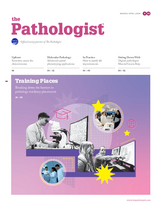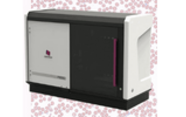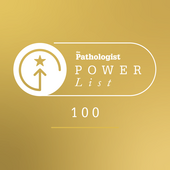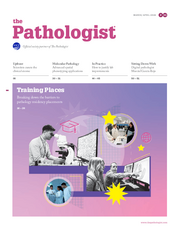Plugging Into Artificial Intelligence
There’s no need to fear the digital revolution
Have you heard the one about the pigeons?”
“The pigeons? Is this the start of a joke?”
“No. They did a study and found that pigeons were able to diagnose cancer as accurately as humans…”
“Oh, that study!”
Everyone is familiar with “the pigeon study” – a paper by Richard Levenson and colleagues that captured people’s attention because of the absurdity of its subject (1). It seemed improbable that a creature often regarded as vermin could decipher breast tissue biopsies as well as a human – so no one seemed to mind when they did. People laughed and joked about it, but nobody objected. Nobody expressed fear that a pigeon might be about to take their job.
Swap the pigeon for a computer, though, and you might see a very different set of reactions. “Is it as accurate as a real pathologist?” “Can I trust it with my patients?” “Will it take away my job?” It’s natural to fear the unknown – and to many pathologists, “artificial intelligence” seems closer to a science-fiction plot point than to a laboratory reality.
But artificial intelligence is already an integral part of many labs. Computer programs often support medical decision-making by providing algorithms for testing and treatment. Pathologists who use digital imaging can install software to help navigate, analyze and label images. There are tools for counting cells, identifying objects, and spotting anomalies in sequence data. There are even computer programs that convert pathologists’ slide interpretations into final reports (2). Despite what Hollywood might like us to believe, AI is not the Terminator. It’s not HAL 9000. It’s simply a set of tools that can make pathologists’ lives easier.
What might AI be able to do for pathologists now or in the near future? It may be able to spot tiny color variations, improving detection of abnormalities on stained slides. It may be able to quickly identify individual objects, speeding up cell counting. It may be able to “learn” what a malignant cell looks like and pick it out of surrounding healthy tissue faster or more easily than the human eye.
But does AI’s continuing evolution mean that pathologists should fear for their careers? Most experts think not – and I agree. As a graduate student, I would have welcomed software that could count histones and detect the locations where they overlapped. It would have saved me hours of squinting at electron microscopy grids! No computer can replace the judgment of a skilled pathologist – but it can save time and resources that can then be devoted to the trickier diagnoses that only human intelligence can deliver.

Michael Schubert
Editor
- RM Levenson et al., “Pigeons (Columba livia) as trainable observers of pathology and radiology breast cancer images”, PLoS One, 10, e0141357 (2015). PMID: 26581091.
- JJ Ye, “SMILE, It’s Easy”, The Pathologist, 10, 40–43 (2015). Available at: bit.ly/1Ev6wWW.

While obtaining degrees in biology from the University of Alberta and biochemistry from Penn State College of Medicine, I worked as a freelance science and medical writer. I was able to hone my skills in research, presentation and scientific writing by assembling grants and journal articles, speaking at international conferences, and consulting on topics ranging from medical education to comic book science. As much as I’ve enjoyed designing new bacteria and plausible superheroes, though, I’m more pleased than ever to be at Texere, using my writing and editing skills to create great content for a professional audience.

